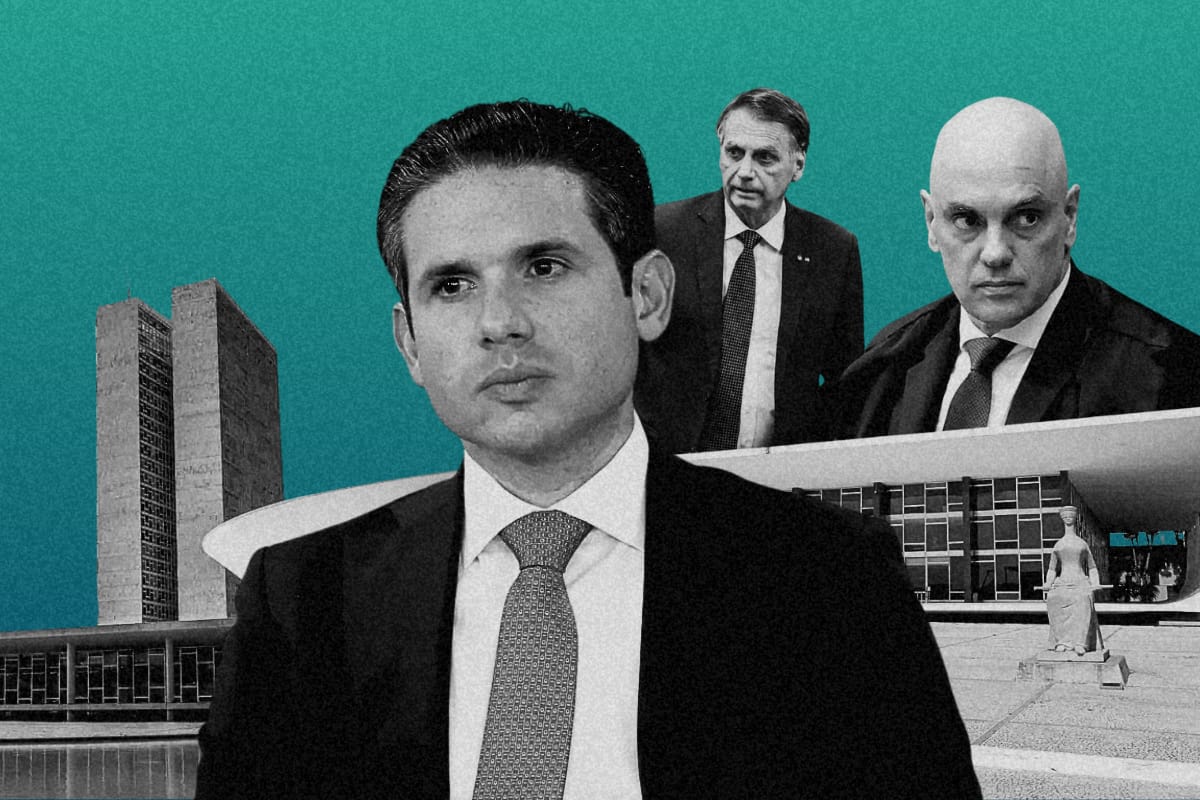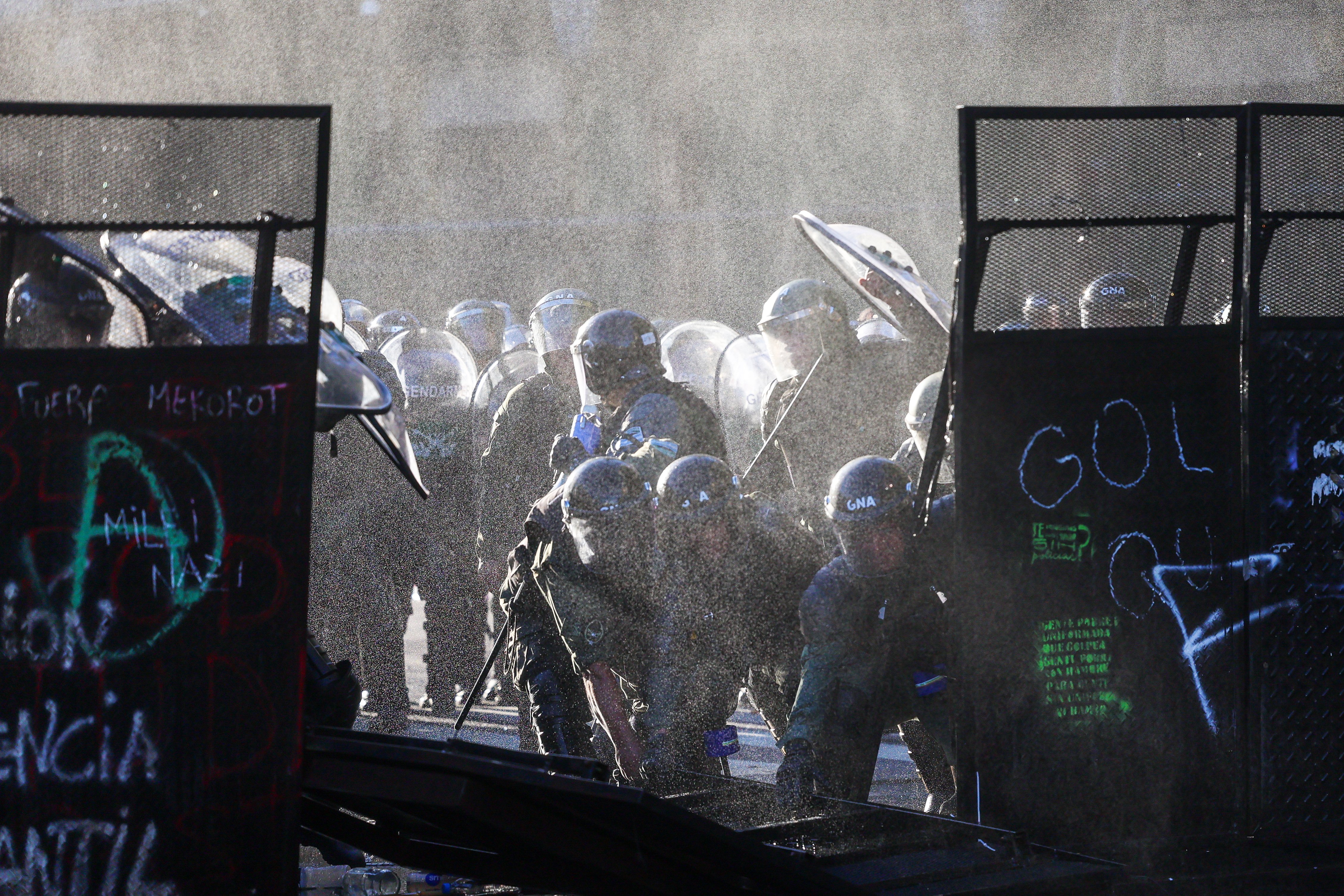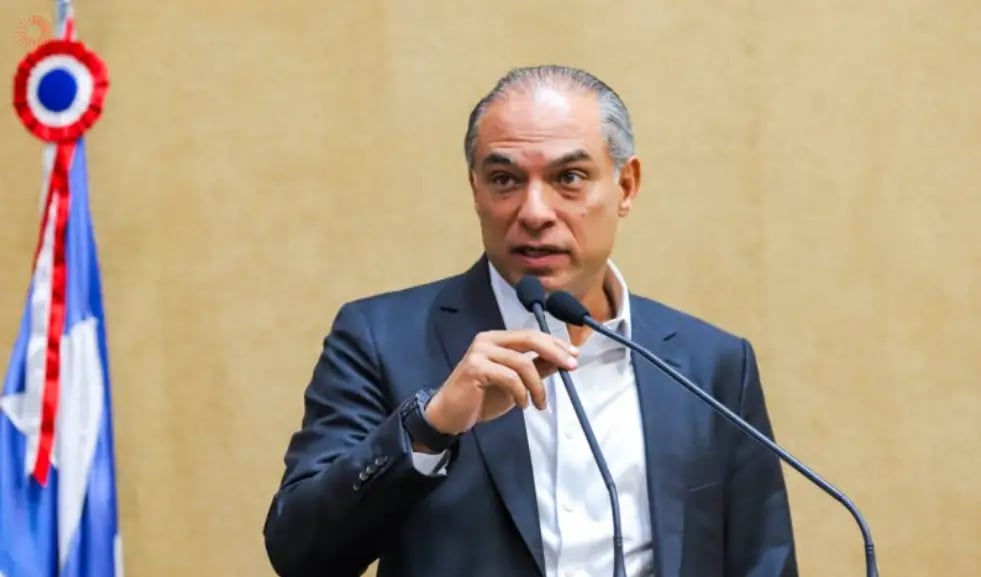Brazil’s lawmakers came back from their mid-year recess in August, but that return has been anything but smooth.
Instead, a political drama has unfolded inside Congress. It started with a show of force: after former President Jair Bolsonaro was placed under house arrest, lawmakers loyal to him occupied both chambers, holding a sit-in protest that brought the legislature to a halt. But beneath the theatrics, something more profound is unraveling — a leadership crisis.
At the center of it is Hugo Motta, the 35-year-old speaker of the House. Motta came to power promising to end the pandemic-era concentration of authority in the speaker’s office. Instead, he’s clung to that power — and alienated nearly everyone in the process.
Motta has also been prone to backtracking under pressure, a flaw that in a Congress dominated by macho culture reads as weakness. Authority is often won through fear or forged by example; Motta commands neither.
That he could reclaim his seat — which had been seized by the rioting pro-Bolsonaro caucus — only after his predecessor, Arthur Lira, struck a deal with the insurgent lawmakers was a public diminishment — one that may prove indelible.
Bolsonaro’s allies have turned against him. They wanted an amnesty bill that would shield the former president — and rioters who stormed government buildings on January 8, 2023 — from prosecution.
Now, Motta is caught in the crossfire. On one side, Eduardo Bolsonaro — the former president’s son — has threatened to push for US sanctions if the amnesty bill doesn’t move forward. On the other side, the Supreme Court looms, with the power to scrutinize Motta over corruption allegations. And a few have appeared over the past month. (Of course, the court would have to be called into action by the Federal Prosecution Office first.)
Regardless, it’s a precarious place to be. This week, we will explore the House speaker’s political standing — and its repercussions for Brazil.
Our guest is Graziella Testa, a professor at the Federal University of Paraná’s Political Science School. She holds a PhD in political science and is an expert on the Brazilian Congress and its relations with the Executive branch.











